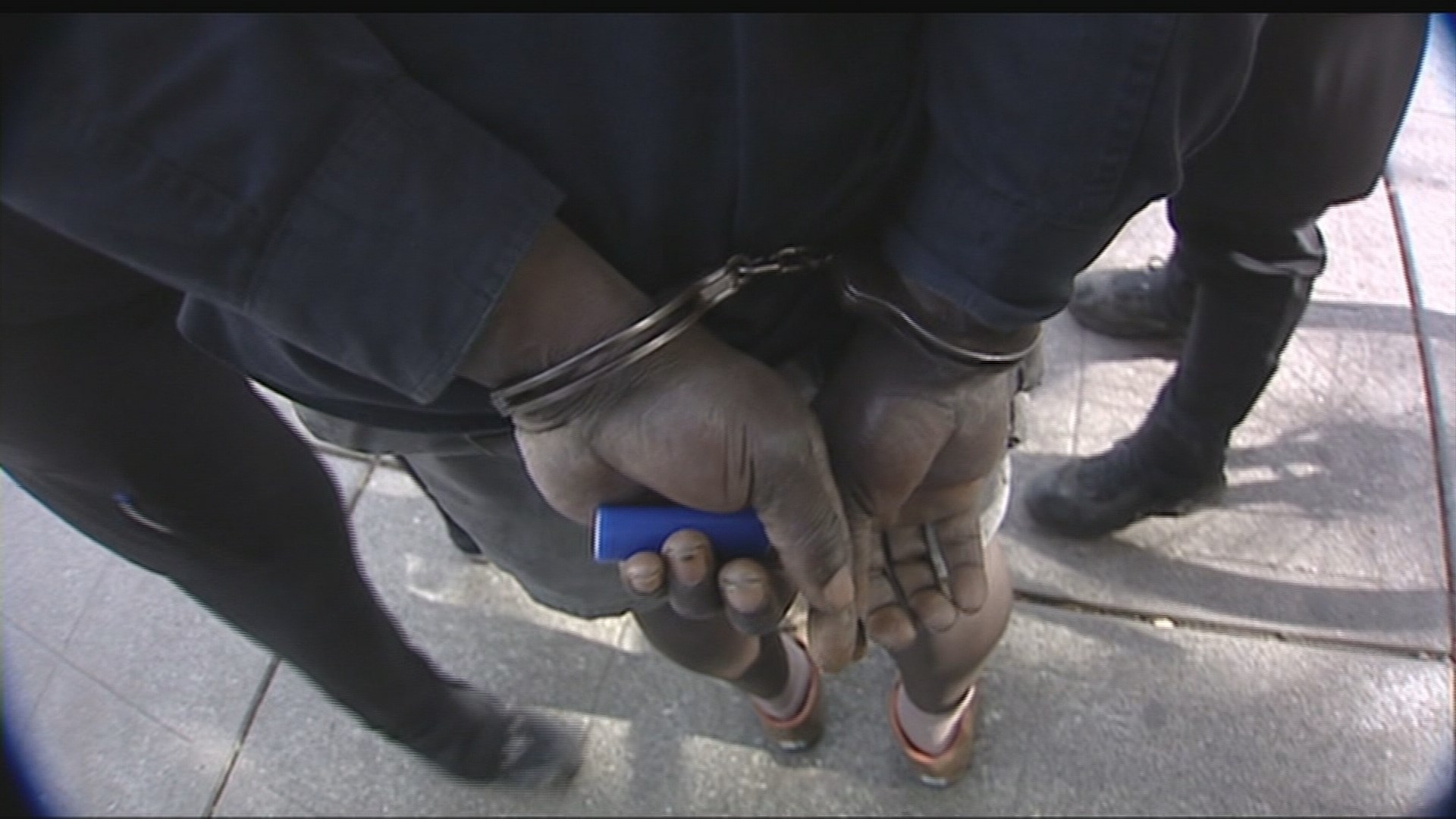SEATTLE -- Call it a progress report. Wednesday, city and county leaders came together to discuss whether the "LEAD" program is working. And the answer from the agencies taking part seemed to be a resounding "yes."
LEAD stands for Law Enforcement Assisted Diversion. The idea was to divert low lever drug and prostitute offenders into treatment, instead of throwing them into the expensive court system.
It is the first program of its kind in the country. Other jurisdictions from across the country are contacting Seattle to ask for advice in forming similar programs.
Seattle Police say one of the neighborhoods that has seen the biggest impact from the program is Belltown, where they launched the program three years ago.
At Bedlam Coffee, at 2nd Avenue and Bell Street, baristas say the drug use on the streets use to spill into their cafe.
"There have been a couple times where I found a needle in the trash can which was a very high risk situation for me,' said barista Maurice Willaredt. "I've seen a decrease in crime in general, especially drug related crime."
Eventually the King County Sheriff's Office expanded the program in Skyway, and White Center. This year, Seattle Police added the rest of the downtown core.
With police and prosecutors working with the ACLU and public defenders, it brought agencies to the table that normally would have been opposing parties, with one premise.
"We can't do more jailing and imprisoning of people," said Lisa Daugaard, of the Public Defenders Association. "This country already leads the world with that. We can't go further. We can't afford it and it doesn't work."
Right now there are 218 clients in LEAD. Only 22 of the people referred to the program did not show up.
The University of Washington is launching a formal study to see how well it works, and will report back to city and county leaders who are looking for a way to continue to fund the program.
Captain Chris Fowler, of the West precinct, says if the community sees a difference, it is likely the result of several factors.
"This is just one tool in our tool box to use," said Fowler. "Arrests are still appropriate in many circumstances."


